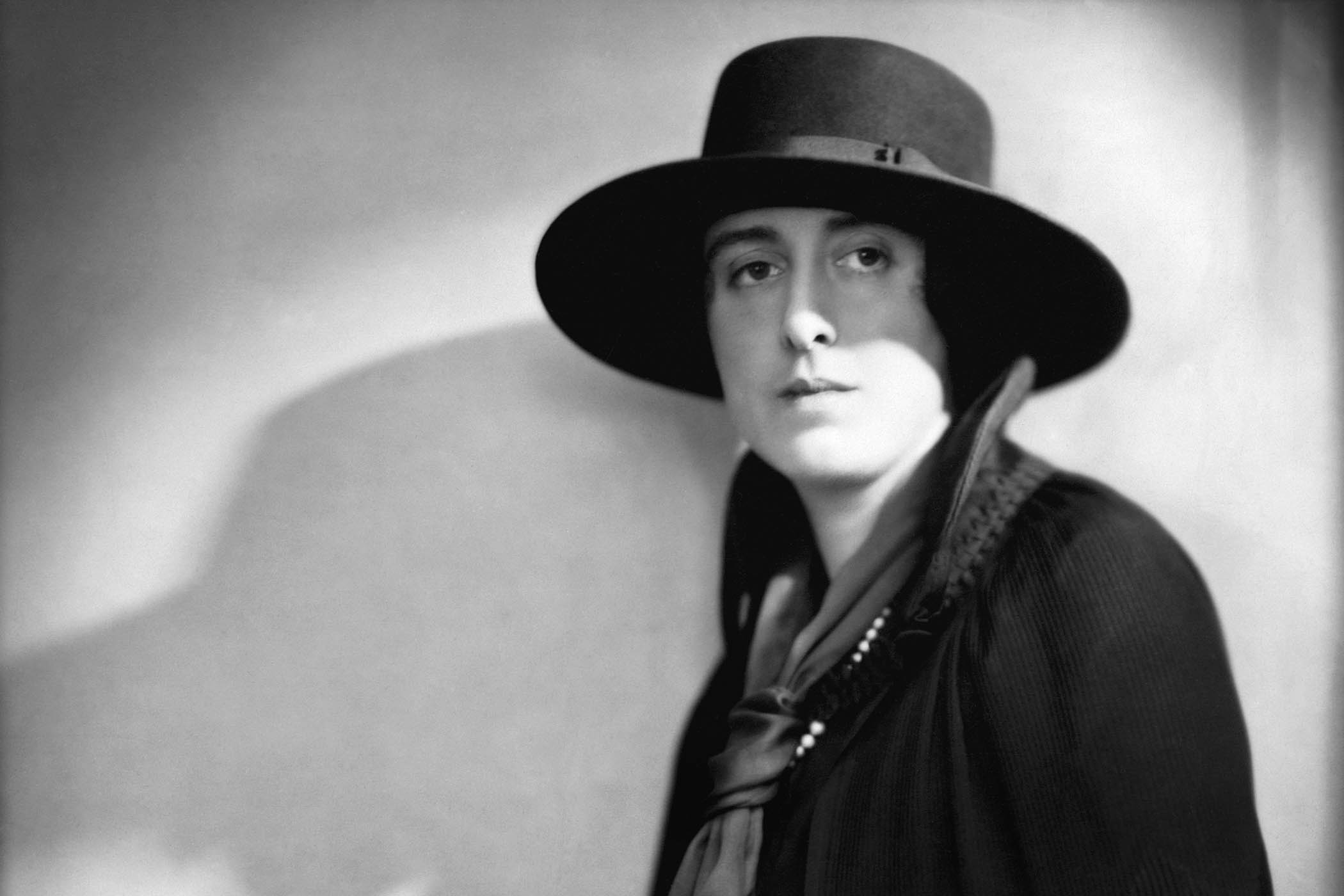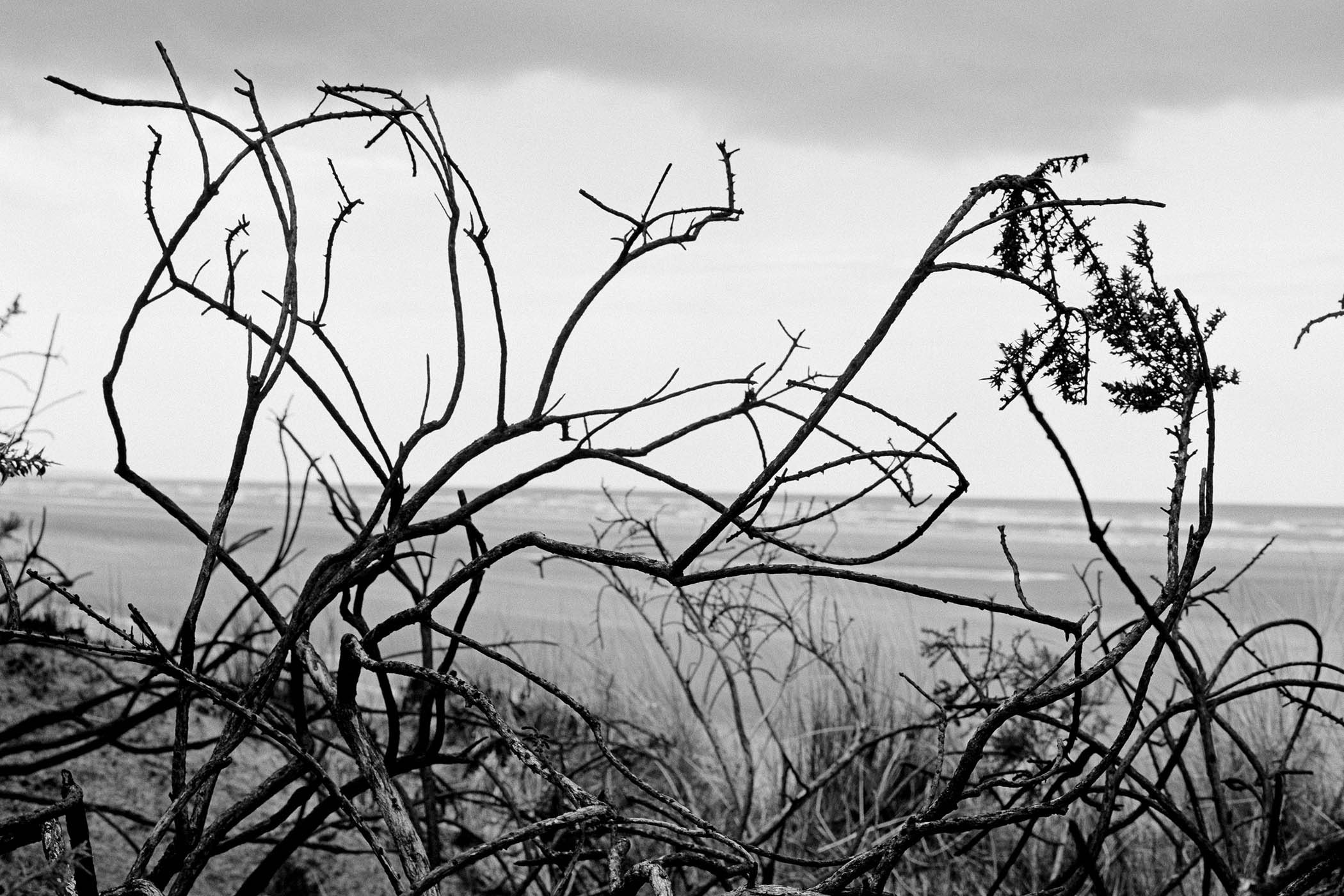In 2004, after the death of her father and while still coming to terms with the end of her first marriage, the writer Juliet Nicolson was living alone in a cottage on the grounds of her ancestral home of Sissinghurst Castle, a ruined Elizabethan mansion in Kent. It was at this moment in her life, as she describes in her new book, that Nicolson’s inheritance of family secrets began to close in on her, as if the walls themselves were contracting.
Nicolson lived at Sissinghurst as a child, and recalls how even then “inside the house, the whisper of secrecy breathed its way into the walls, curling through the crevices of my childhood landscape”. As an adult sleeping in her grandmother Vita Sackville-West’s childhood bed, Nicolson considered how it took more than 30 years after her death for the family secret of Sackville-West’s love affair with her sister-in-law Gwen to be outed. Nicolson is hiding her own “guilty secret”, too: relief at the death of her father, who after many years confessed that the sexual intimacy he had cruelly withheld from Nicolson’s mother was what drove them apart.
In The Book of Revelations: Women and Their Secrets from the 1950s to the Present Day, Nicolson weaves her own family secrets with a broader history of the act of secret-keeping and the “emotional, psychological and societal effects of concealment”. The book opens by referencing one American psychologist’s theory that most of us are keeping an average of 13 secrets at any one time. When I read this, I thought of two that I’m confident I will take to the grave; perhaps you too are now thinking of your own. The reasons we keep things to ourselves are deeply personal, and yet so often come down to a universal fear of judgment, abandonment or condemnation.
Nicolson catalogues secrecy over the last 80 years, including the silent generation of the 1950s and the concealment of sexual identity against the backdrop of the Aids crisis in the 1980s. She researches the secret recordings of Dr Joan Malleson, who ran a psychosexual and relationship advice clinic in 1950s London, speaking to a range of women from “working-class prostitutes to middle-upper-class left-wing intellectuals”. Reading these confessions now feels like eavesdropping on history and is a reminder that, for all the thrill of secrecy and dramatic tension they bring to fiction, everyday secrets can still pull us under. In one anecdote that lingers chillingly, a patient who is at great pains to hide her depression injects her legs with insulin and swims out to sea, leaving only Malleson aware of the truth behind her mysterious death.
The Book of Revelations comes closest to the promise of its title through Nicolson’s exploration of her own secrets. She generously divulges the details of painful periods in her life, such as when she hid a damaging love affair and attempted to conceal a stint of heavy alcoholism. But for all the potency of this personal honesty, Nicolson fails to capture the relevance of secrecy to the current moment. The book reaches for timeliness and urgency and ends up feeling oddly dated, travelling so far through history only to arrive somewhat awkwardly in the present.
According to one theory, most of us are keeping an average of 13 secrets at any one time
According to one theory, most of us are keeping an average of 13 secrets at any one time
Nicolson points out repeatedly that we are going backwards to a time of shame and stigma, as women fear speaking out amid a harsh climate of judgment, particularly online. She talks of having new “terminology to describe the precarious and punitive consequences of oversharing, over-confiding and daring to speak openly about personal convictions”, but fails to consider that, as we have lost some of the shame of secrecy, we have also shed the protections of privacy and our ability to judge which secrets are worth sharing with strangers online. This line of thought does not fit the narrative of the book: that women are once again being thrust into secrecy and silence against their will.
Likewise, there are numerous examples of the corrosive fear and shame LGBTQ+ people have historically lived with, but Nicolson does not engage with current attempts to silence trans people around the world. Perhaps she fears it is too politically thorny – but it is hard not to imagine the accounts of young trans people now reading much like the sad stories in this book from many decades ago.
At one point, Nicolson touches on how the female vote for Kamala Harris never materialised in the 2024 US presidential election. She recalls a female BBC journalist texting her to say “men are winning” after the election. And yet Nicolson does not examine where that female vote went, thus diminishing women's agency in determining their own electoral fate. She neglects to consider how this is a deeply complicated, conflicted time for women, as many are gleefully signing off on their own oppression by supporting the rolling back of abortion rights and even revoking female suffrage. Many women are expressing once-hidden beliefs at the ballot box or nationalist marches: this type of confession is far uglier than the secret-spilling often described in this book as a transformative act of liberation.
Related articles:
Secrets are not morally or politically neutral, but a reflection of the times in which they are buried. As Nicolson has proven by detailing so many acts of bravery in the face of secrecy throughout history, this moment calls for a bringing to light of what is hidden in darkness – even if we don’t like what is revealed.
The Book of Revelations: Women and Their Secrets from the 1950s to the Present Day by Juliet Nicolson is published by Chatto & Windus (£22). Order a copy from The Observer Shop for £18.70. Delivery charges may apply
Newsletters
Choose the newsletters you want to receive
View more
For information about how The Observer protects your data, read our Privacy Policy
Editor’s note: our recommendations are chosen independently by our journalists. The Observer may earn a small commission if a reader clicks a link and purchases a recommended product. This revenue helps support Observer journalism
Portrait of Vita Sackville-West circa 1925 courtesy of WG Phillips/Getty Images



